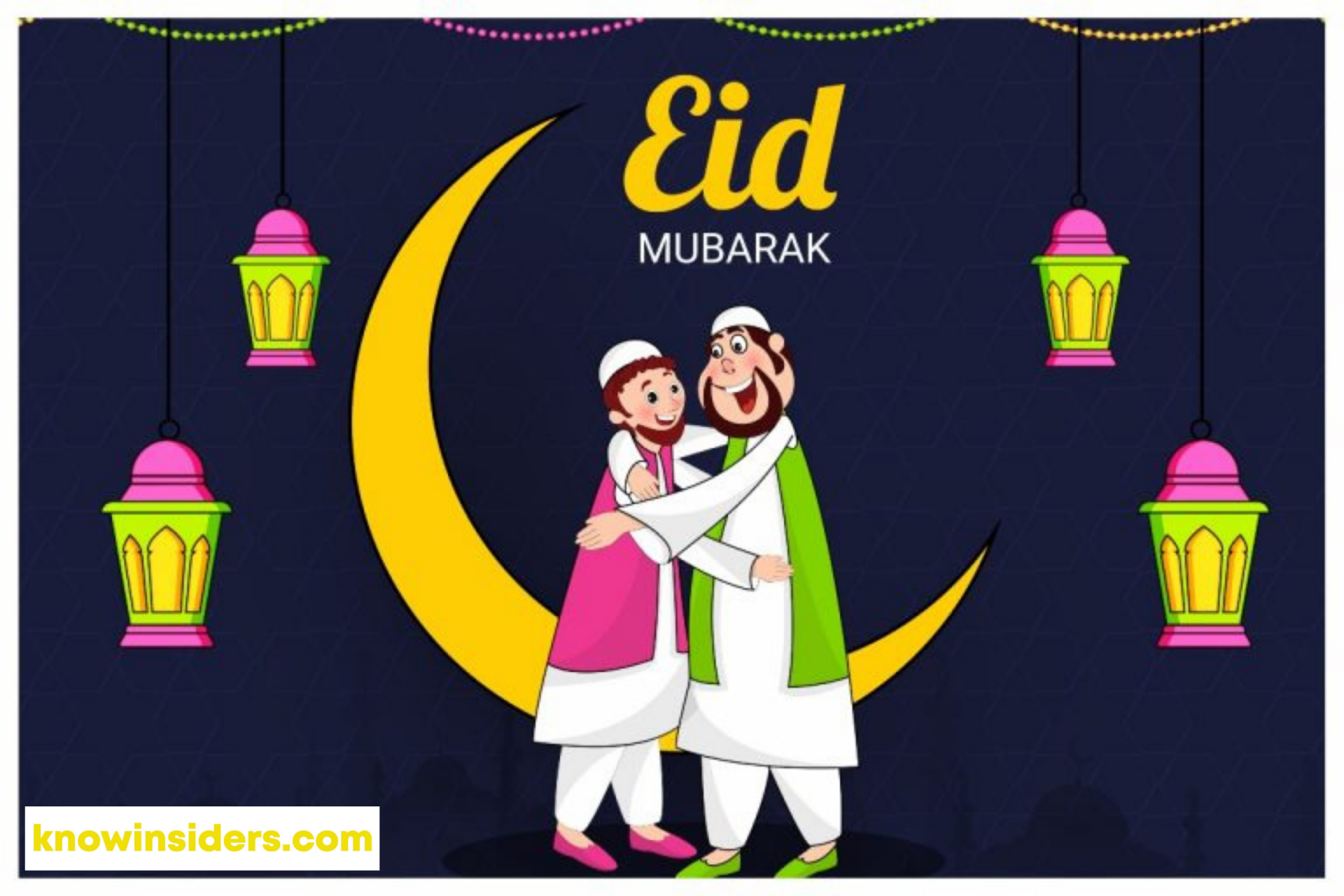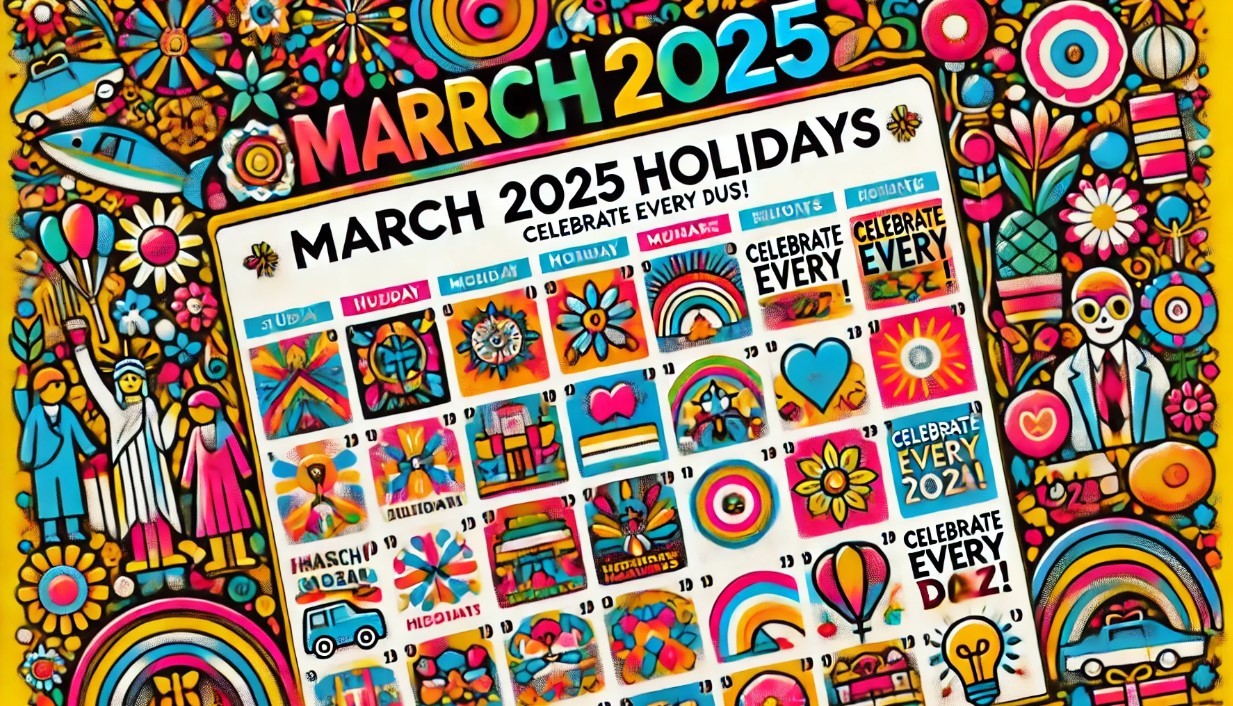What is Eid-al-Fitr: Date, Different Celebration Around the World
|
|
Scroll down to know more about the meaning of Eid al-Fitr as well as how it is celebrated in different parts of the world.
What is Eid-al-Fitr?
The first of two Islamic (lunar) New Year celebrations, Eid-al-Fitr (also written and pronounced as Eid-ul-Fitr) is also known as Eid Mubarak. It concludes Ramadan, the month in which Muslims around the world fast in thanks to Allah for sending the Quran to Muhammad.
This Eid, which should not be confused with Eid-al-Adha, follows the holy month of Ramadan, during which many Muslims abstain from food and drink during daylight hours for 29 or 30 days. According to Culture Trip, this is one of the five pillars of Islam and a requirement of Sawm (fasting).
The first day of the Islamic month of Shawwal is dedicated to commemorating the end of the daytime fast (the 10th month). If you use the Gregorian (solar) calendar, it arrives around 11 days before the one from the previous year.
When is Eid al-Fitr?
Most of the world's 1.8 billion Muslims, according to astronomers, will celebrate Eid on May 23 or 24 this year. The holiday typically occurs a month after Ramadan begins, but the exact date is determined by when the first crescent moon is spotted.
Since the moon won't be visible everywhere at once, countries will spread their celebrations out over two days.
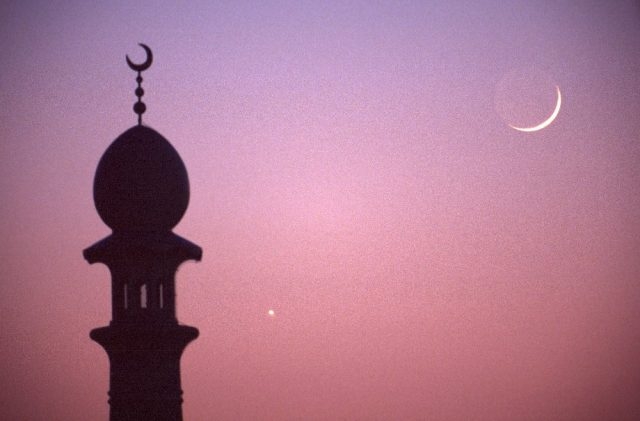 |
| Eid al-Fitr - Photo moroccoworldnews |
Why is Eid-al-Fitr celebrated?
On the occasion of Eid al-Fitr, Muslims show their appreciation to God by gathering with loved ones they've missed during the month of fasting and reflection that preceded it. Muslim people all over the world are encouraged to be generous and thankful this holiday season.
Birmingham's Eid in the Park, Europe's largest Eid celebration, has been canceled because it does not follow COVID-19 guidelines.
How is Eid al-Fitr celebrated?
Prayers for Eid will begin at dawn, as they do every year, in a mosque, though lockdown regulations may limit the number of worshippers present.
Many people in the community get together to share meals and stories with their loved ones in honor of the holy day.
In addition to expressing gratitude, Muslims make a mandatory donation to charity (zakat al-Fitr), though the size of this gift is reduced from the standard zakat of 2.5 percent on which wealthy Muslims are taxed. This is another one of Islam's five pillars. Some Muslims go above and beyond these financial contributions by volunteering their time at soup kitchens and providing their own food for the hungry.
Similarly to Eid-al-Adha, giving presents is a significant part of Eid celebrations. Sweets like cookies and dates are exchanged among family members, friends, coworkers, and even strangers as eidia offerings, and money is given to children in gift bags. Members of each family will exchange gifts, with the youngest members of the family receiving the most attention.
Celebrations in Different Parts of The World
Worldwide, communities come together for massive celebrations of Eid al-Fitr. Particularly popular in the United Arab Emirates and Saudi Arabia, fireworks-themed days are a chance for families to get together and enjoy the spectacle.
Around the world, people celebrate Eid al-Fitr with colorful festivities that are unique to their own areas. Let's take a trip around the world — from South Asia to the Middle East and North Africa — to learn about some of the regional customs that are observed during this holiday.
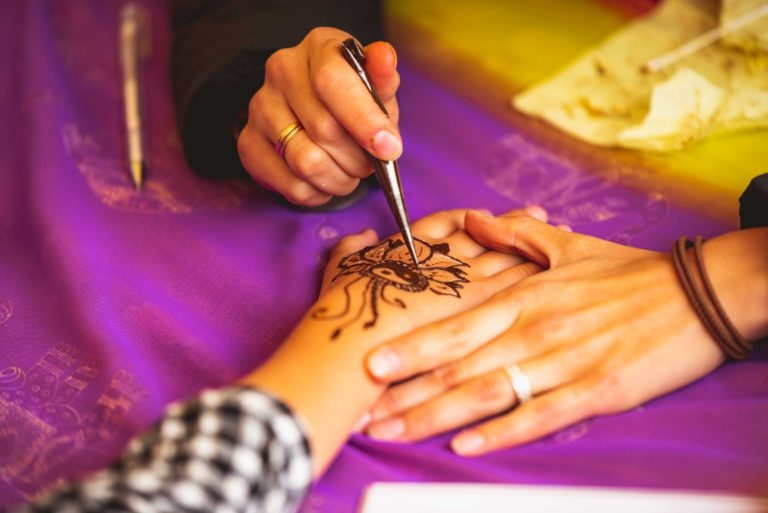 |
| Photo Pixels |
The ritual of "ghusl" is performed first thing in the morning, signaling the start of the celebrations. In this context, "washing" refers to the ritual of cleansing one's body of emotional and mental toxins. The Muslims then dressed to the nines. What Muslims wear for Eid al-Fitr can range in color, shape, and style depending on local custom and similarity. During this sacred celebration, women in some cultures also apply elaborate henna designs to their hands.
Celebrating Eid al–Fitr in Turkey
Turkey's Eid al-Fitr festivities take place on sandy shores during the holiday's peak summer season. The correct answer is yes. As the weather warms up for the Eid al-Fitr holiday, many Turks head to the beach. Since close to 98% of Turks identify as Muslims, the holiday of Eid al-Fitr is a time when many families travel across the country to spend time with distant relatives they may not see very often.
If that's the case, why not take a break and go to the beach? During Eid al-Fitr, Muslims in Turkey spend the second and third days lounging by the sea, in addition to spending the first day visiting family. There is much merriment to be had at these beaches as friends and family take advantage of the long public holiday to rest and relax by fishing, swimming, and other fun activities.
Colorful festival in Singapore
The bright explosion of color in the Geylang Serai district of Singapore is a highlight of the Eid al-Fitr celebrations. Geylang Serai, one of Singapore's oldest Malay settlements, has traditionally been the hub of Eid al-Fitr celebrations for the city's Muslim population. Geylang Serai comes alive every year with a spectacular light show. According to Tour Hero, some of these shows can include more than fifty distinct light and visual installations, each depicting a unique kaleidoscope of vibrant color.
A yearly Ramadan bazaar, the Geylang Serai Ramadan Bazaar, is held in the area. Over a hundred food vendors selling deliciously authentic traditional Malay fare make up the bulk of the bazaar's business. Vendors have been selling bubble-tea and other "Instagramable" foods for a while now.
sserts and flaming marshmallows on a stick. A feast for the eyes and a treat for the belly!
Read More: Top 15 Most Popular Festivals and Events in Singapore
Iceland
Unique among these is Iceland's observance of Eid al-Fitr. Despite the community's growth, Muslims in Iceland are still a small percentage of the total population.
Muslim Icelanders observe the dusk-to-dawn fast during Ramadan in preparation for the holiday of Eid al-Fitr. During the height of summer, when the days are longest, the sun sets at midnight and rises again two hours later. This necessitates a daily fast of up to 22 hours for practicing Muslims in Iceland. Those who live in the land of the midnight sun have been offered a solution to what may seem like an impossible challenge by Islamic scholars and experts. Muslims in Iceland can either break their fast according to the times of sunrise and sunset in the country closest to them, or they can follow the timezone of Saudi Arabia.
One of the few mosques in Reykjavk, Iceland's capital, hosts Eid al-Fitr celebrations each year. Visitors to the mosque for this joyous occasion typically bring a spread of delicious treats from all over the world, including dishes representative of Indonesian, Egyptian, and Eritrean cuisines. The kids have a blast getting dressed up and exchanging presents with their pals and family members.
Egypt
After morning prayers at the mosque, Egyptians celebrate Eid al-Fitr by paying a visit to their elderly relatives. Money is often given as a token of respect from the older generation to the younger generation.
With celebrations centered on time spent with loved ones, many Egyptians visit parks and zoos. The Giza Zoo is preparing for the influx of families who will visit during the Eid al-Fitr holiday to see the animals and, more importantly, to spend quality time together.
New Zealand
Celebrations of Eid al-Fitr in Auckland kick off with the daily routine of prayers and ritual washings. Later, on the second day of every other month, Eden Park hosts Eid Day, a festival full of activities for people of all ages and backgrounds. Fun for the whole family, the Eden Park festival offers everything from human foosball and mechanical bulls to delicious treats from local vendors.
While Eid is a time for Muslims to celebrate with their loved ones, it is also a great opportunity for people from all walks of life to learn about and show their support for the Muslim community.
What does the ‘Eid Mubarak’ greeting mean?Muslims will wish each other "Eid Mubarak," which means "may God bless you," on this holiday. It's the customary greeting for Muslims to exchange when they meet for the first time on Eid, and it's said both days. To show their appreciation for the Muslim holiday, many people who are not Muslim but who are familiar with the phrase and its meaning say "Eid Mubarak" to their Muslim friends, family, and coworkers. |
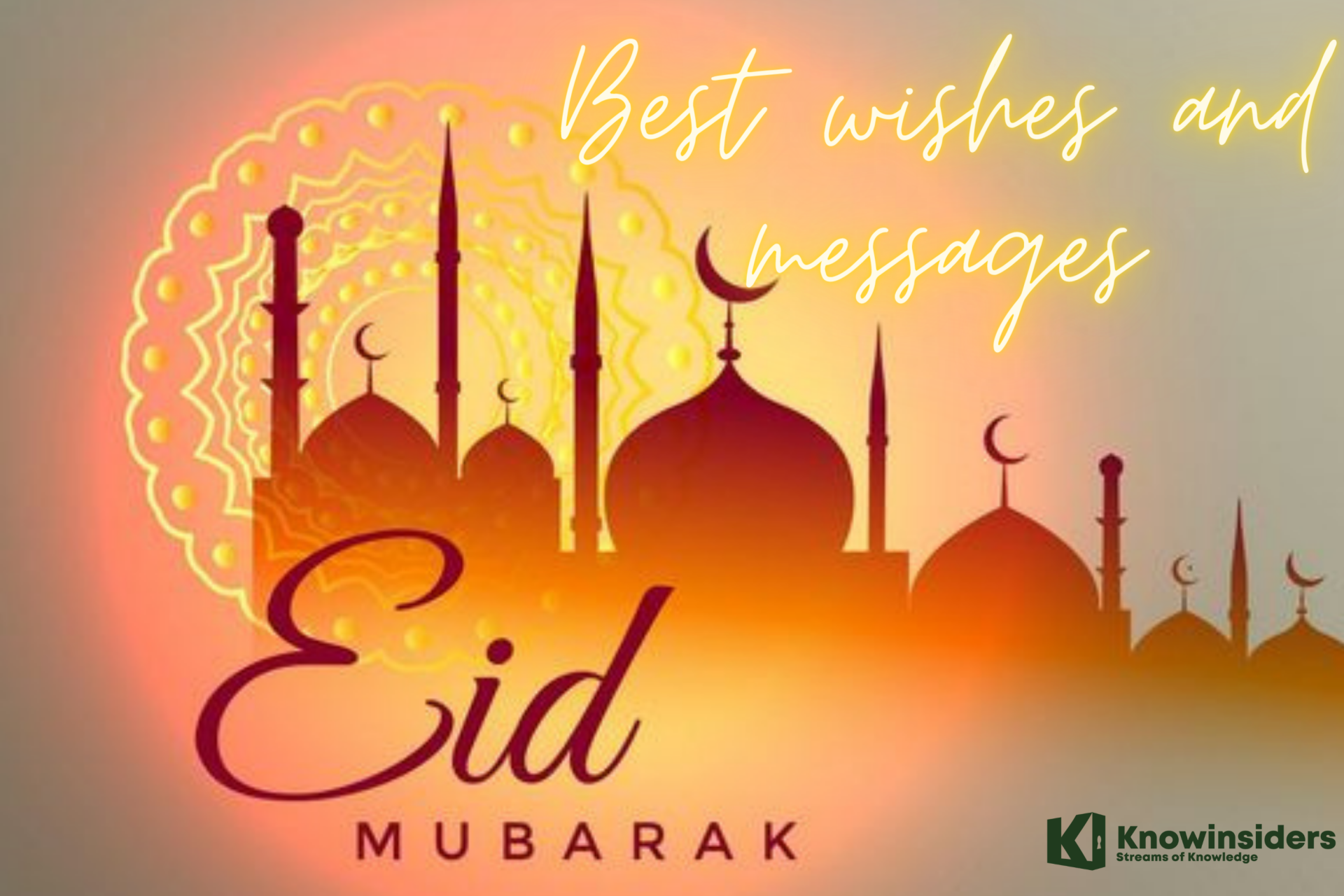 Happy Eid Mubarak: Best Wishes and Great Messages for Loved Ones Happy Eid Mubarak: Best Wishes and Great Messages for Loved Ones Eid Mubarak everyone! Although the celebrations of Eid Mubarak are limited this year due to COVID-19, everyone can still send the best wishes and greetings ... |
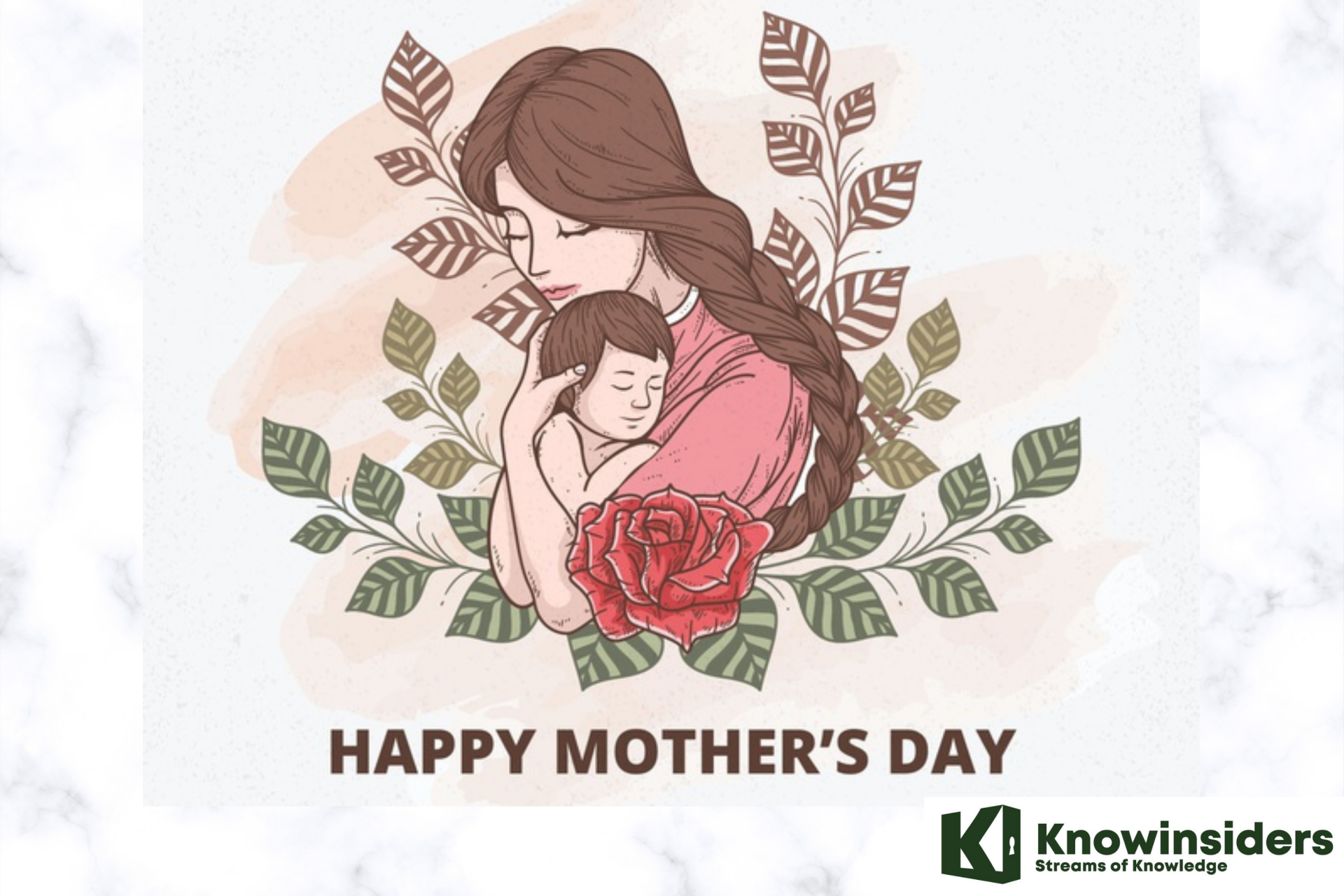 Mother's Day: Date, History and Celebration Mother's Day: Date, History and Celebration Mother’s Day is a celebration day to honor the mother of the family, as well as the mother's love, her bond and her influence in ... |
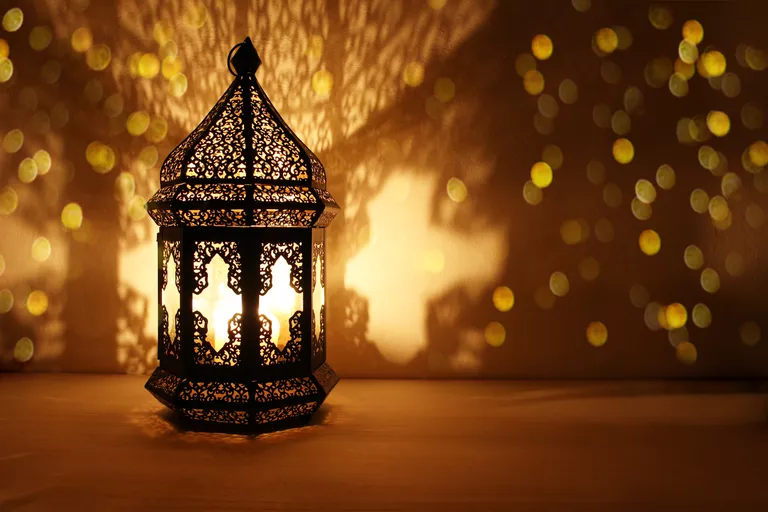 Ramadan: Dos and Donts, Why It Is The Most Important for The Muslim Community Ramadan: Dos and Donts, Why It Is The Most Important for The Muslim Community Ramadan is the ninth month of the Islamic lunar calendar, observed by practicing Muslims as a month of fasting, reflection, and prayer. It commemorates ... |


